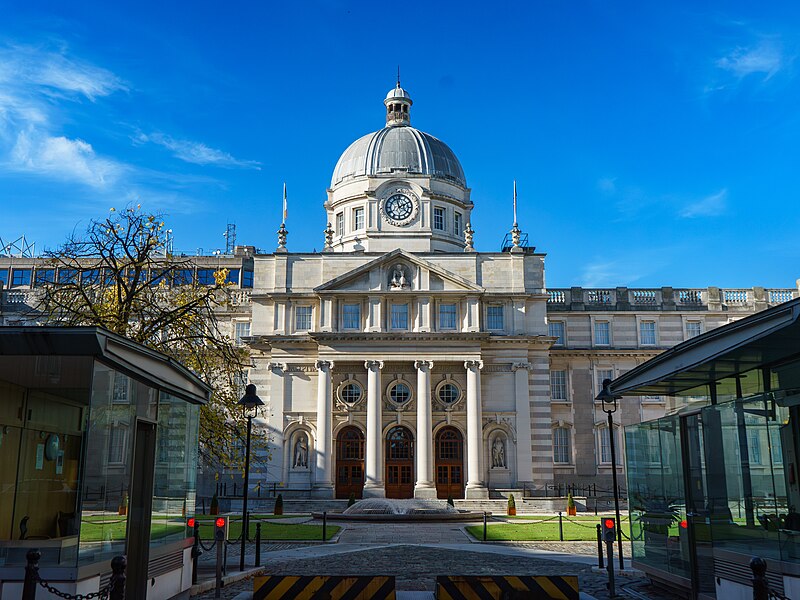
The Irish government has initiated legal action against the UK government regarding its decision to grant immunity for crimes committed during the Troubles era.
Despite opposition from Dublin and major political parties in Northern Ireland, the UK's contentious Troubles legacy act was enforced in September. Critics contended that the law amounted to amnesty and restricted access to justice.
Chris Heaton-Harris, the Northern Ireland Secretary, expressed deep regret over Ireland's move, stating it was unnecessary as the issues were already under consideration in UK courts.
The Irish government's decision to challenge the UK's Troubles legacy act is viewed as inconsistent with its own handling of legacy matters, according to Heaton-Harris.
This legal dispute stems from the 30-year conflict that claimed over 3,500 lives and left numerous others severely wounded. The legislation not only provided amnesty but also halted new inquests and civil actions associated with the conflict.
Ireland's challenge is based on the European Convention on Human Rights. Tánaiste Micheál Martin highlighted the UK government's unilateral pursuit of legislation despite objections from Ireland and international observers.
Several victims and survivors, including Emmett McConomy, whose brother was killed in 1982, support Ireland's legal action. McConomy stated that the challenge offers hope to victims who seek truth, accountability, and justice.
This legal challenge signifies Ireland's consistent opposition to the UK's legacy law and is a significant step, now confronting the Troubles Act on two legal fronts—through Belfast's court proceedings and Ireland's action in Strasbourg.
Meanwhile, the UK government defends its legislation as a means to deliver better outcomes for those affected by the Troubles, providing opportunities for information, accountability, and acknowledgement to victims and families.
The creation of the Independent Commission for Reconciliation and Information Recovery (ICRIR) aims to aid families in understanding the circumstances surrounding their loved ones' deaths or injuries. Perpetrators confessing to the ICRIR could receive immunity from prosecution.
Victims' campaigner Raymond McCord praised the Irish government's action, while Amnesty International and other human rights organizations supported the legal challenge, emphasizing its importance for victims of the Troubles.
Political leaders in Northern Ireland, including Sinn Féin and the Social Democratic and Labour Party, welcomed Ireland's move. However, the Ulster Unionist Party viewed it as expected and suggested it could impact the forthcoming election dynamics. Photo by David Kernan, Wikimedia commons.







































